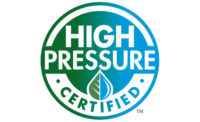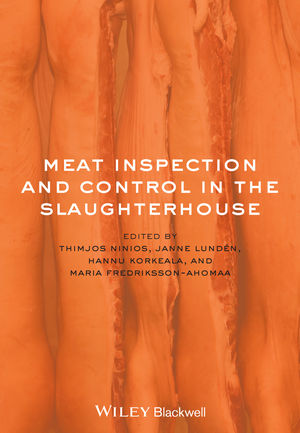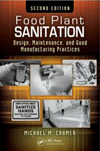Cold Pressure Council responds to Listeria outbreak
Despite advances in food safety, Listeria continues to pose a significant risk.

Courtesy of the Cold Pressure Council
The recent news linked to an outbreak of Listeria in deli meat products serves as a reminder of the ongoing threat posed by the bacterium Listeria monocytogenes. This bacterium has haunted the food supply for decades, claiming lives and leaving devastation in its wake. Consider that:
- Listeria is found in soil, water, and food processing environments.
- It survives at low temperatures, even in refrigerators.
- It is particularly dangerous for pregnant women, young children, the elderly and immunocompromised individuals.
- It can spread easily in home kitchens and on various surfaces.
Despite advances in food safety, Listeria continues to pose a significant risk, highlighting a need to enhance preventive measures.
While the USDA and CDC have made significant strides in monitoring and controlling Listeria, current prevention methods have limitations. Reliance on human adherence to protocols, while manageable, has proven to be less effective. Secondly, there exists a risk of cross-contamination of other products in delis and foodservice environments.
High pressure processing is a proven treatment that is utilized during the production and packaging of ready-to-eat meats plus numerous other foods. It offers a solution to the Listeria problem, with a track record of success spanning over two decades. Additionally, high pressure processing retains the nutritional value and taste of the food products when it is utilized.
Key advantages of HPP:
- Proven effectiveness: For over 20 years, HPP has demonstrated its ability to reduce the risk of Listeria from RTE meat and poultry products.
- Post-packaging treatment: HPP treats products in their final packaging, preventing recontamination.
- Nonthermal process: Retains product quality and nutritional value.
- Broad spectrum: Effective against multiple pathogens, including Salmonella and E. coli.
- Wide adoption: Already used on millions of pounds of food products worldwide.
Since its approval and usage as a post-lethality treatment in the early 2000s, high pressure processing has been a game-changer in food safety. HPP aids companies to reduce the risk of listeriosis in ready-to-eat meat and poultry products.
HPP has long been recognized by Food Safety and Inspection Service, as well as other regulatory agencies, as a viable post-lethality treatment for the control of Listeria monocytogenes in RTE meat and poultry products. The process not only reduces the risk from environmental contamination such as slicing and other equipment but also from contamination in under-processed products. Companies producing these products implement HPP technology in the final package to ensure the safety of consumers, avoid product recalls and protect their brands. Coupled with the food safety benefits, HPP extends the quality and shelf life of RTE meat and poultry products, allowing manufacturers to reduce waste and reach wider markets.
Source: Cold Pressure Council
Looking for a reprint of this article?
From high-res PDFs to custom plaques, order your copy today!







